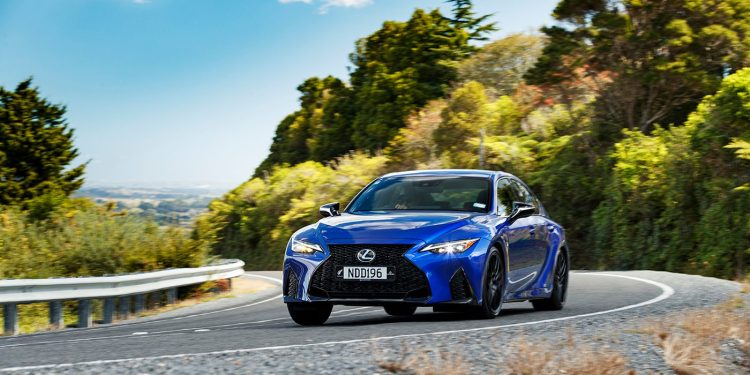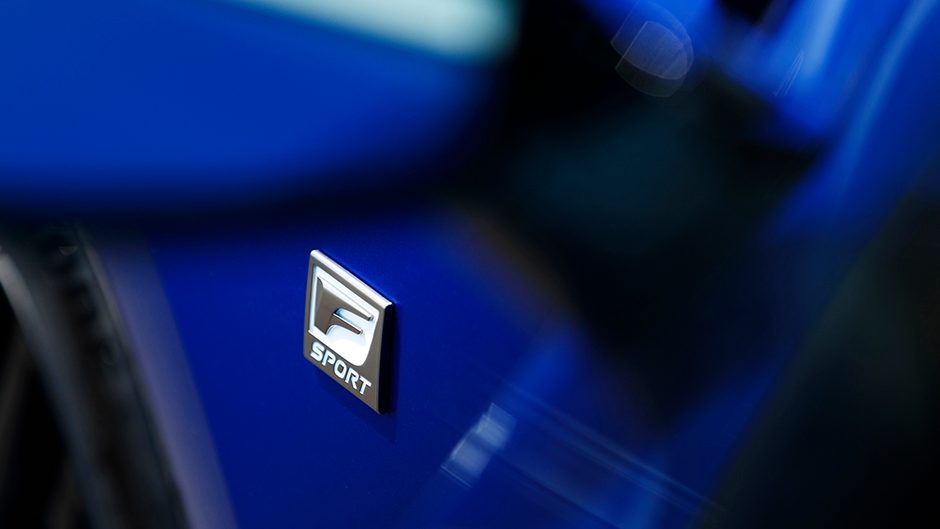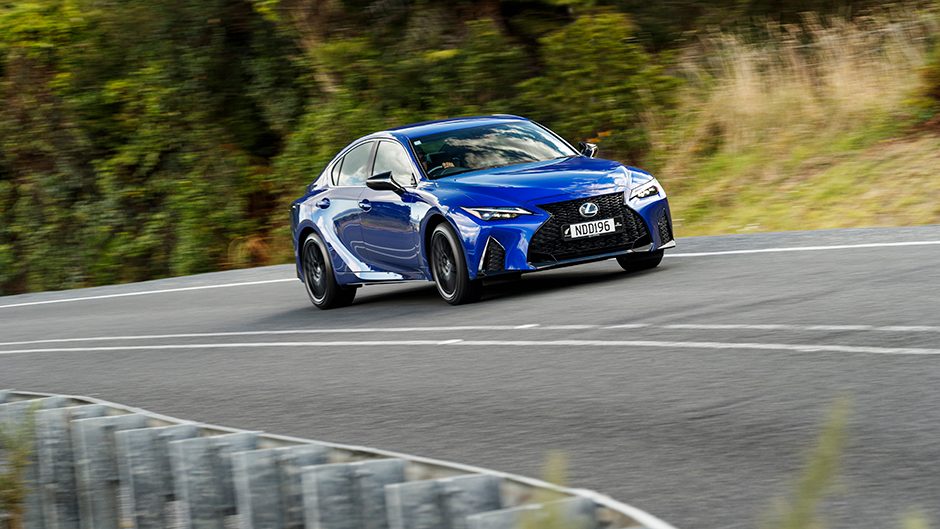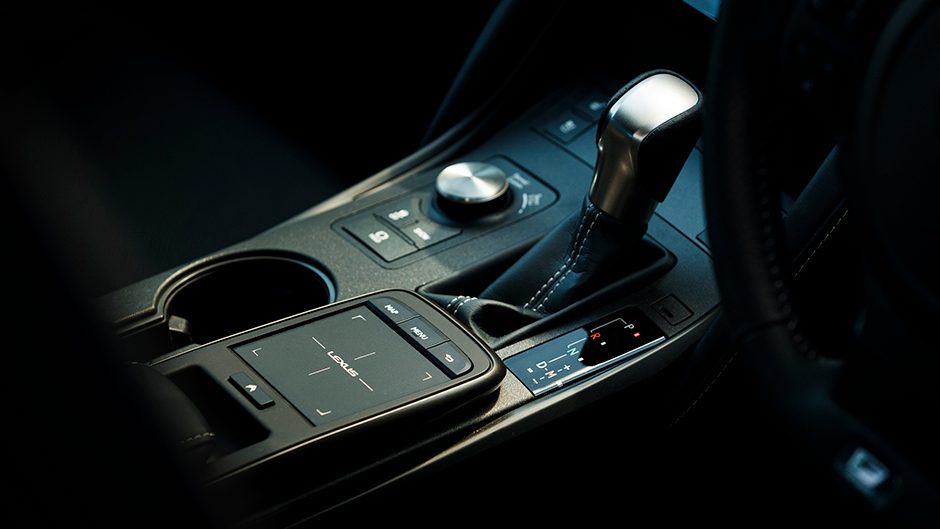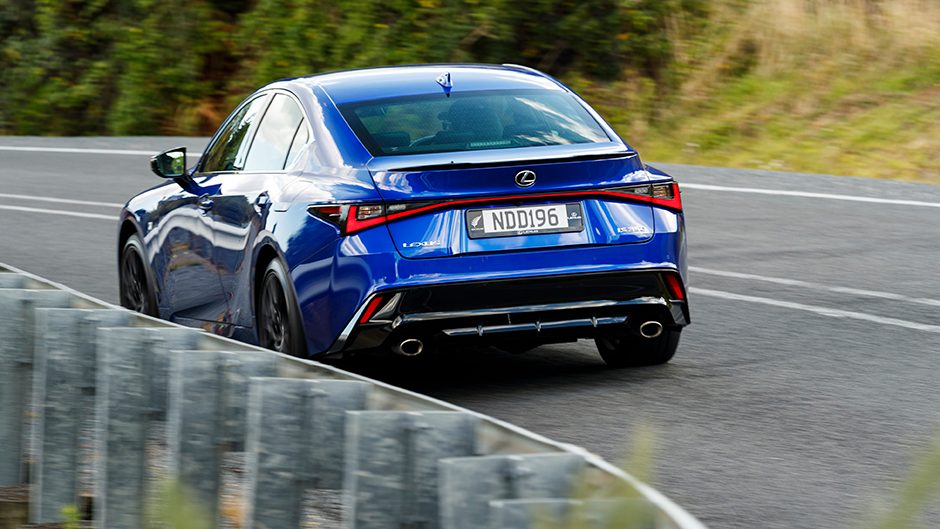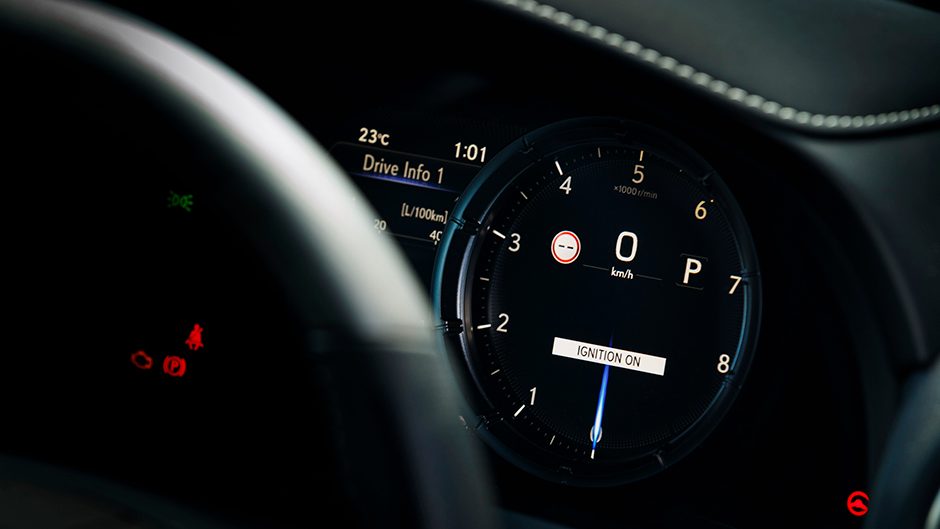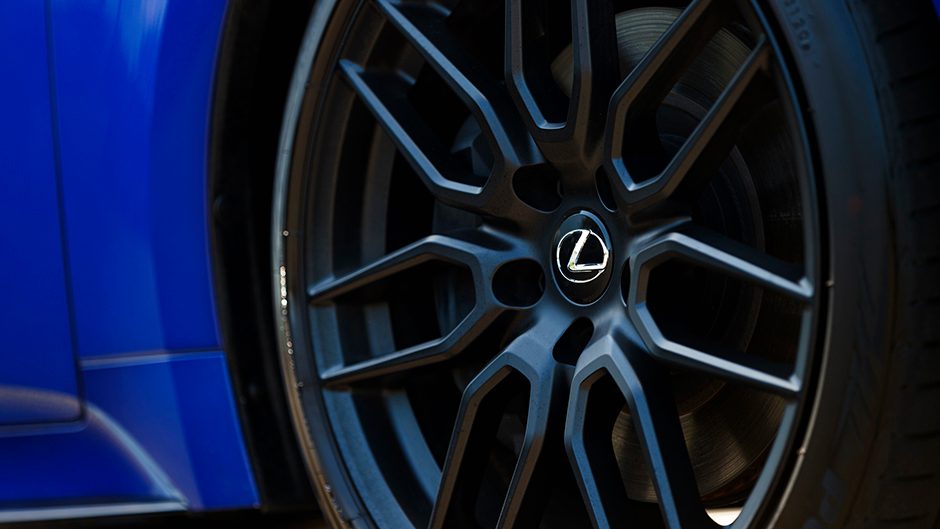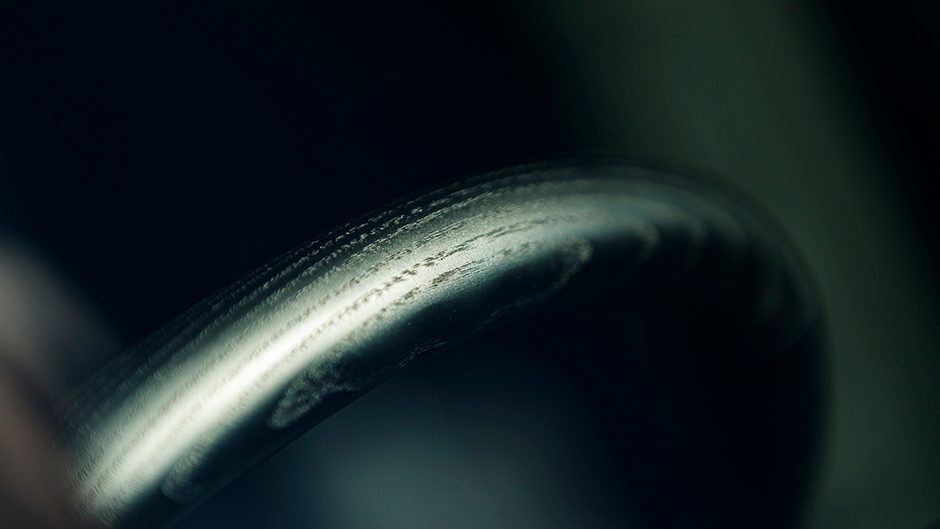2020 Lexus IS 350 F Sport review
The is from Lexus is a bit of a throwback to a time when an executive class sedan was the thing to be in. Does the IS 350 still have a place?
You have to wonder what the future holds for cars like the Lexus IS given the unrelenting trend towards SUVs and electric motivation. That the brand’s latest concept vehicle is a battery-powered high-rider is telling. And that Lexus chose to revise the old IS platform for another round points to perhaps this being the last IS.
And so to those re-visionary details then. Lexus tells us it wanted to develop a sedan with improved refinement and dynamics, outcomes which seem diametrically opposed but ones that the ‘new’ IS 350 F Sport delivers on; it’s a luxury car with a decent degree of driver engagement.
Lexus has shored up the old body to improve rigidity which also helps exorcise the noise and vibration demons. Myriad suspension changes to shave unsprung mass help sharpen the responses. There are sturdier but leaner alloy control arms, 20 per cent lighter springs and the sway bars are beefier yet less weighty. New shockers aim to deliver a more consistent ride quality and, with respect to the range-topping 350, they are of the adaptive type.
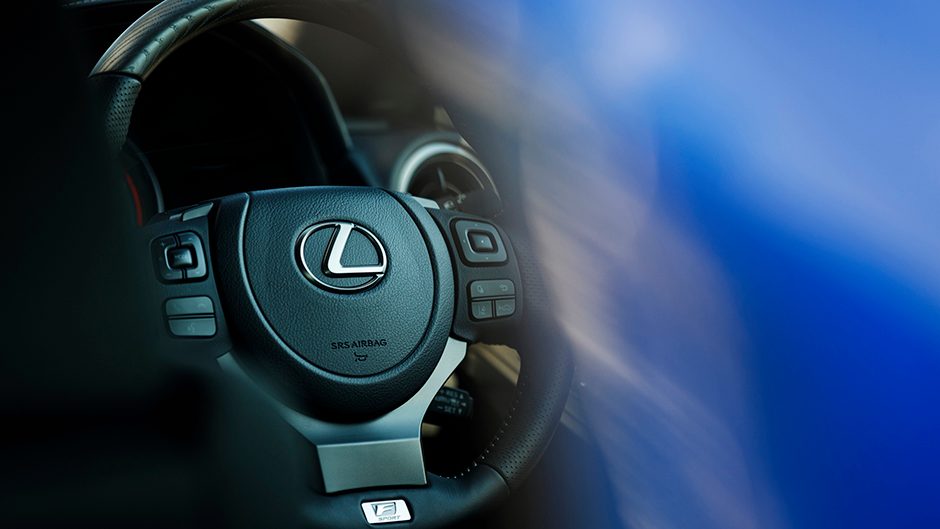
The IS range comprises Entry, Limited and F Sport grades, available with either 2.0-litre turbo or hybrid power, while the top model is the $101,800 3.5-litre V6-powered 350, in F Sport flavour only. That sees it with 232kW and 380Nm flowing via the firm’s eight-speed auto. To enhance the attraction of the V6, the bean counters allowed the engineers to add a Torsen LSD, as they saved a packet by not developing an all-new model.
The F Sport versions gain a sportier look with a mesh grille and black detailing, while the 350 alone gets 19-inch BBS forged alloys. Though the wheelbase is unchanged from the old model, the IS now looks better proportioned thanks to it being 30mm wider overall, the guards pumped out to house the fatter front tyres. The spindle grille is broader too, the headlights slimmer, and overall it has a more coupe-like appearance.
Unfortunately, the revisions weren’t so lavish inside. We can’t fault it in terms of its quality, Lexus plant workers fanatical when it comes to screwing these things together, but the all-over-the-show design theme has dated poorly with its mismatched array of buttons, knobs, touch sliders and various readouts. They’ve made the screen bigger and more easily accessible from the driver’s position as it now has touchscreen functionality. And while most of the touchpoints are tiny, requiring a pointer finger with sniper-like accuracy, it’s better than trying to use the trackpad device which is still present.
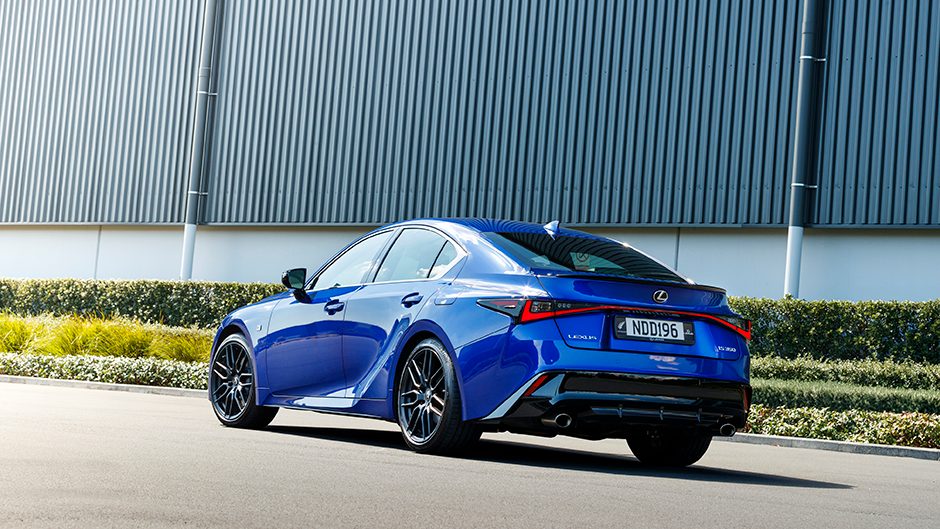
New features include Apple CarPlay and Android Auto if you’d prefer to circumvent the whole thing. One of the better additions is an electric park brake, finally ridding the IS of the foot-operated device. There are extra driver assist features too, with more auto braking functions and lane keeping aids, the latter not overly sensitive.
Blind spot monitoring helps in traffic, as the wing mirrors are too small, and the rear camera has a slightly distorted wide-angle image with no surround view offered either.
You can get low behind the wheel if you like, and while the seat is a tad narrow, it’s otherwise quite comfortable for a sports pew and is both heated and ventilated, such is the ample spec sheet. Interior space isn’t an IS strong suit, the rear seat still a mite tight for tall timber, and the centre spot is all but useless thanks to a trans tunnel bulge. Boot space is rated at a respectable 480L.
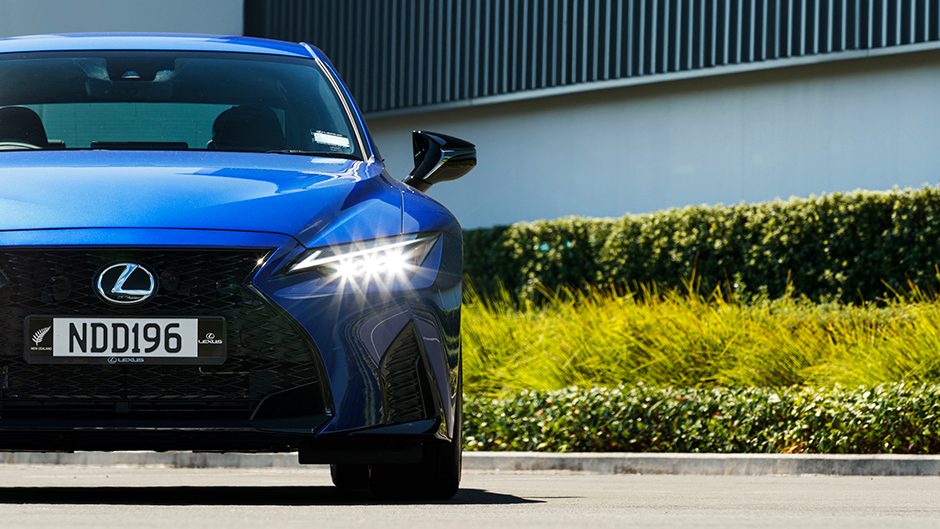
This is an easy sports sedan for the day-to-day drive. The ride in the Normal drive mode gives only the odd hint of its intent. There’s some tyre roar on coarse chip, but the suspenders are quiet when they go about squashing the bumps. The Torsen diff will bind ever so slightly on the tighter turn arounds (the turning circle favourable), and while the steering is without a quick, variable rack, it’s lightweight at urban speeds.
The V6 doesn’t generate the easy torque of the blown competition, the 380Nm only 30 more than the 300’s turbo’d four makes, and the pistons need to be pumping a whole lot faster to realise them, the peak occurring at 4800rpm, versus 1650rpm. There is, however, enough made at 2000rpm for ease of city driving. That said, the hybrid powertrain delivers more low-end urge in urban ramblings, along with a few cumulative kays of engine-off driving to curb emissions. For fuel use, the 350 averaged out at around 12L/100km.
The eight-speed auto is a smooth shifter, developed as it was initially for the big LS. It’s never been a great box at shifting in a hurry, particularly on kickdown. The manual mode can sort its shortcomings, but don’t use the shift lever; it’s action is set up the wrong way around. The paddles, despite being a tad small, are a better way to go.
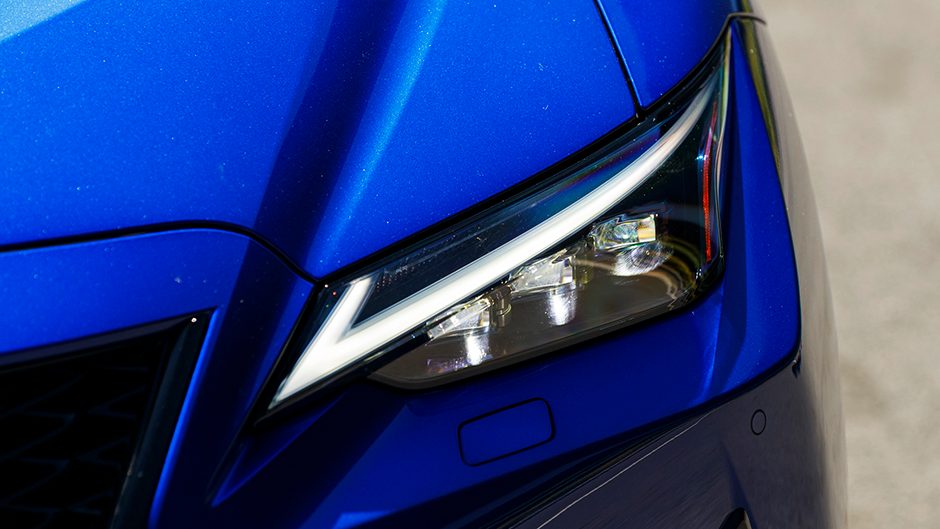
The IS 350 is up for some cornering action, Sport+ mode affording more control but it’s rather polite considering it rolls the bumps well too. Its steering is civilised, not overly quick but obedient. The 350 has a nice balance and when you do overstress the front tyres, the well mannered steering informs you discreetly.
As mentioned, the V6 needs a few revs to make the ponies bolt and is outgunned by the likes of the 340i, S4 and C 43. But those are all over the $120k mark, and not as well specified in the comfort and convenience stakes. There’s just enough power to excite with the 350, and with the traction afforded by the LSD, you can gas the throttle at the corner exit and it drives well off the bends. The brakes have a firm pedal feel and the tuned action lets you balance it all calmly on the picks. Its V6 makes a bit of a song but isn’t overly vocal, even with some augmentation in the form of an intake sound generator. It’s a Lexus, after all.
The 350 F Sport is not the sportiest in its class, though it manages to be an engaging drive with lashings of luxury, and so still has some appeal. However, you can get the same look with the IS300h F Sport, which at $85,800 reduces both your outlay and carbon footprint.
| Model | Lexus IS 350 F Sport |
| Price | $101,800 |
| Engine | 3456cc, V6, DI, 232kW/380Nm |
| Drivetrain | 8-speed auto, rear-wheel drive |
| Fuel Use | 9.5L/100km |
| C02 Output | 217g/km |
| 0-100km/h | 6.51sec |
| Weight | 1654kg |


